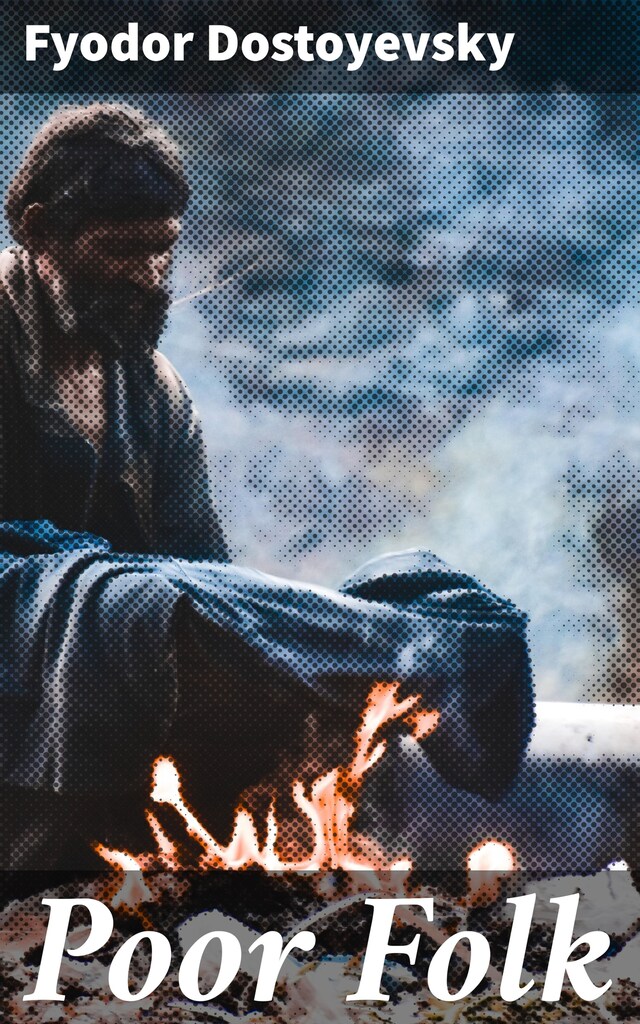
Poor Folk
Description of the book
Fyodor Dostoyevsky's 'Poor Folk' is a compelling epistolary novel that delves into the lives of lower-class individuals in 19th-century Russia. Through the exchange of letters between Makar Devushkin and Varvara Dobroselova, Dostoyevsky captures the struggles, hopes, and dreams of the impoverished in a raw and unfiltered manner. The literary style is characterized by deep psychological insight, moral dilemmas, and exploration of human suffering, making it a quintessential work of Russian literature that reflects the social conditions of the time. The use of multiple perspectives and introspective narratives adds layers of complexity to the story, drawing readers into the characters' emotional turmoil. Fyodor Dostoyevsky, a Russian author known for his penetrating psychological analysis, drew inspiration from his own experiences of poverty and hardship to write 'Poor Folk.' His personal struggles with poverty and debt informed the authentic portrayal of Makar and Varvara's destitute existence, adding a sense of realism and empathy to the narrative. Dostoyevsky's deep understanding of human nature and societal injustices shines through in this early work, setting the stage for his later masterpieces. I highly recommend 'Poor Folk' to readers interested in exploring the complexities of poverty, human relationships, and moral dilemmas. Dostoyevsky's keen observations and profound insights make this novel a timeless classic that continues to resonate with audiences today.
 Fyodor Dostoyevsky
Fyodor Dostoyevsky 183 Pages
183 Pages